A fascinating discovery was made last year in Algeria—an ancient meteorite that holds the potential to unlock unprecedented insights into the early stages of our solar system. A team of international scientists conducted an investigation, and their findings offer exciting prospects for future research.

This unique space rock, found in the Erg Chech sand sea, stood out immediately due to its volcanic origin, setting it apart from other meteorites. This suggests that it might have originated from the crust of a planet.
Through a thorough analysis of the sample’s isotopes’ radioactive decay, scientists determined that the meteorite dates back approximately 4.566 billion years. This age surpasses that of Earth, implying that it was likely part of another, potentially extinct celestial body.
The specific protoplanet from which the asteroid originated remains a mystery. Nevertheless, the researchers emphasized that this meteorite, now recognized as the oldest magmatic rock ever discovered, will undoubtedly be a subject of intense future scrutiny. The information gleaned from studying this ancient fragment has the potential to provide novel insights into the history of our solar system.
The significance of this finding cannot be overstated, as it opens up a realm of possibilities for uncovering new knowledge about our cosmic origins. Further exploration and analysis of this remarkable meteorite hold the key to unveiling the secrets of our solar system’s past.

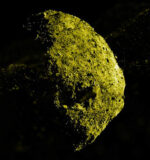
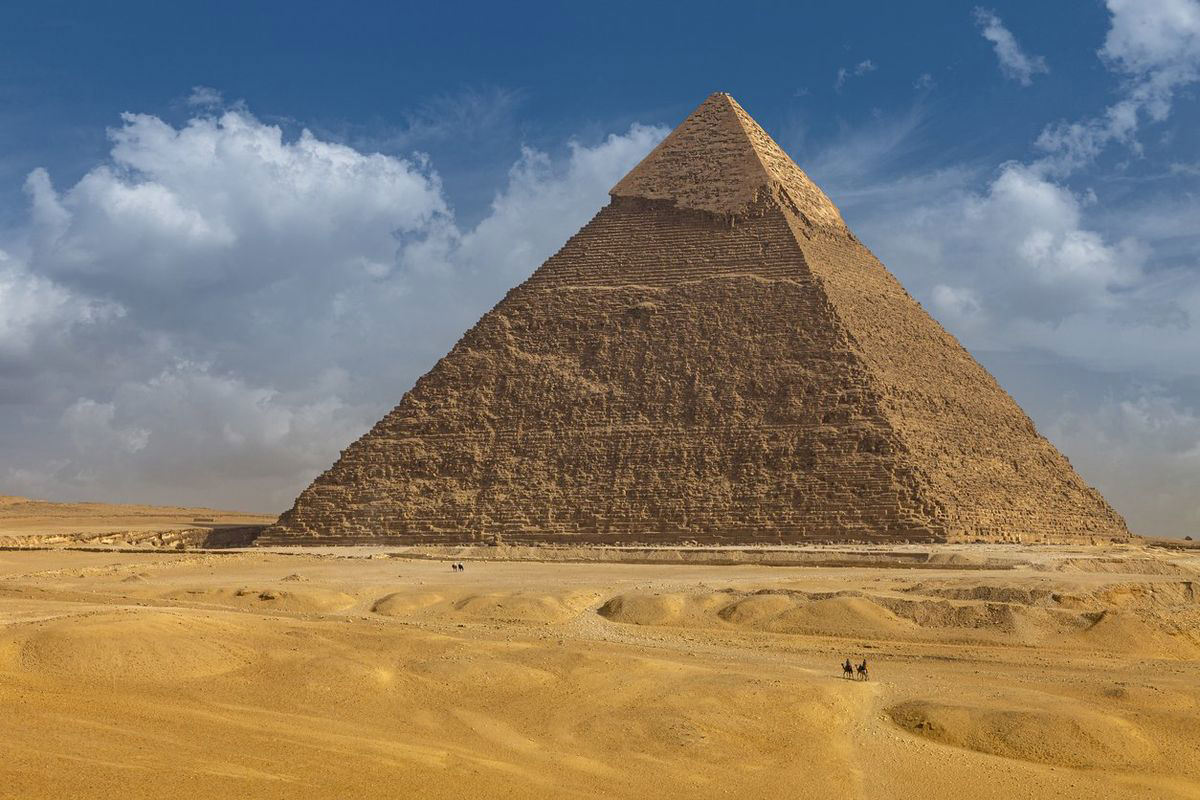

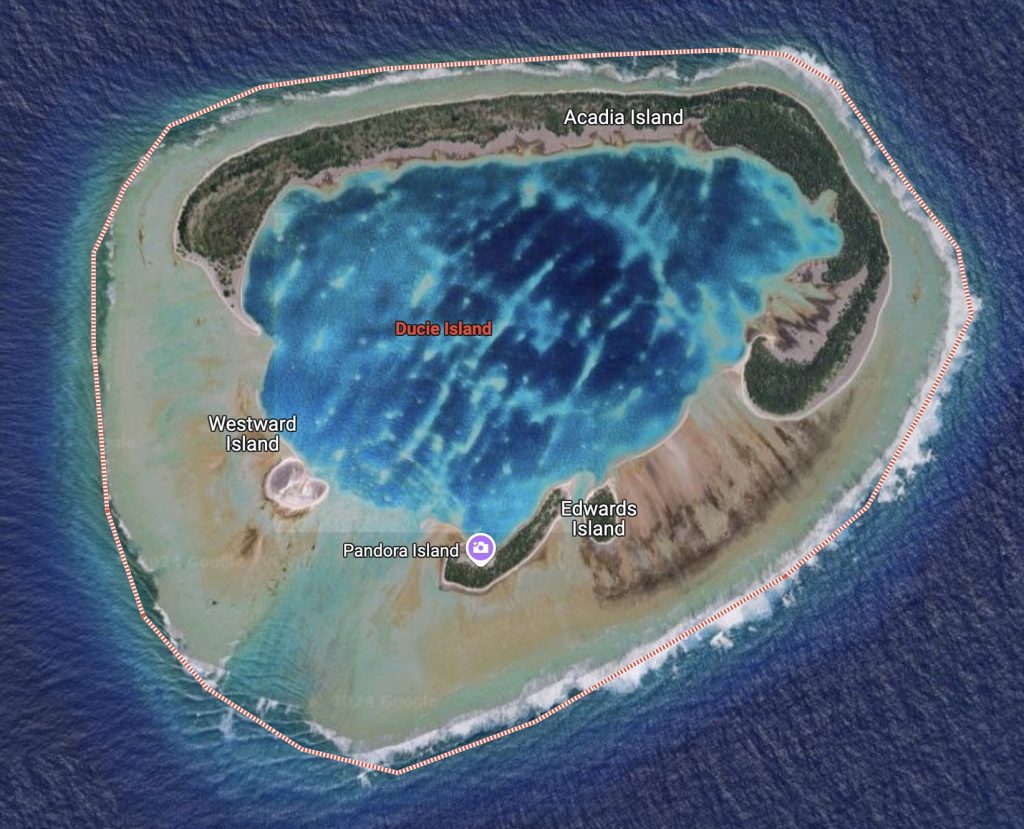
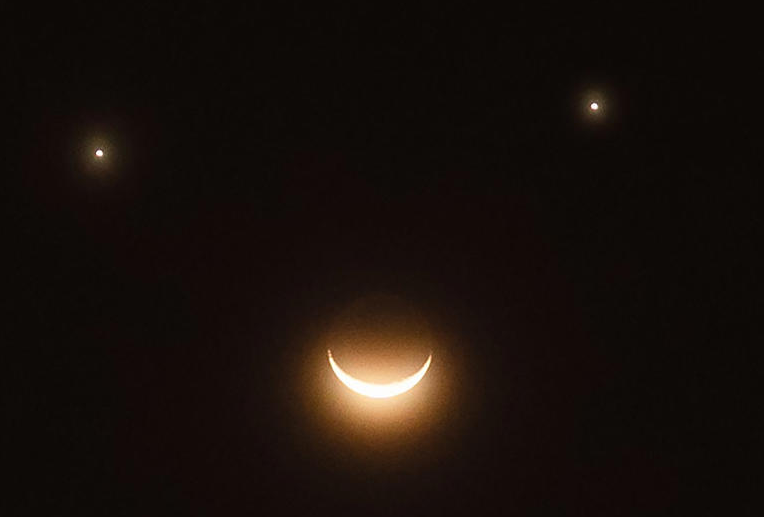

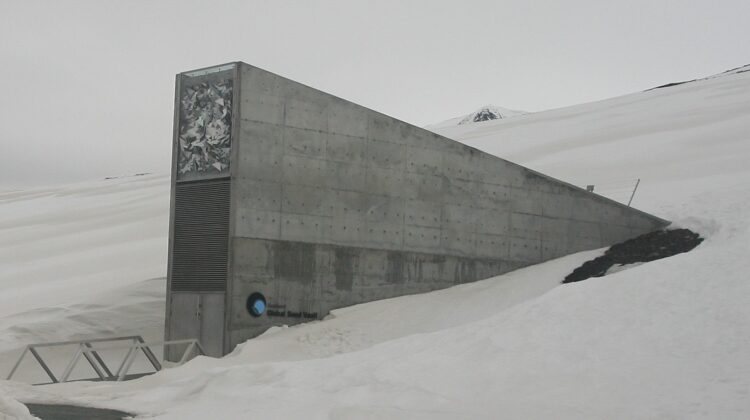
 Photographer Finds Locations Of 1960s Postcards To See How They Look Today, And The Difference Is Unbelievable
Photographer Finds Locations Of 1960s Postcards To See How They Look Today, And The Difference Is Unbelievable  Hij zet 3 IKEA kastjes tegen elkaar aan en maakt dit voor zijn vrouw…Wat een gaaf resultaat!!
Hij zet 3 IKEA kastjes tegen elkaar aan en maakt dit voor zijn vrouw…Wat een gaaf resultaat!!  Scientists Discover 512-Year-Old Shark, Which Would Be The Oldest Living Vertebrate On The Planet
Scientists Discover 512-Year-Old Shark, Which Would Be The Oldest Living Vertebrate On The Planet  Hus til salg er kun 22 kvadratmeter – men vent til du ser det indvendigt
Hus til salg er kun 22 kvadratmeter – men vent til du ser det indvendigt  Superknepet – så blir snuskiga ugnsformen som ny igen!
Superknepet – så blir snuskiga ugnsformen som ny igen!  Meteorite That Recently Fell in Somalia Turns Out to Contain Two Minerals Never Before Seen on Earth
Meteorite That Recently Fell in Somalia Turns Out to Contain Two Minerals Never Before Seen on Earth  Nearly Frozen Waves Captured On Camera By Nantucket Photographer
Nearly Frozen Waves Captured On Camera By Nantucket Photographer  It’s Official: Astronomers Have Discovered another Earth
It’s Official: Astronomers Have Discovered another Earth 